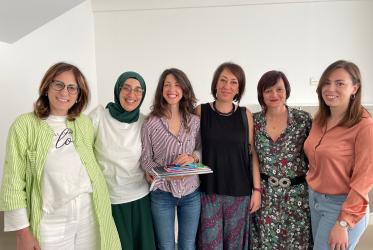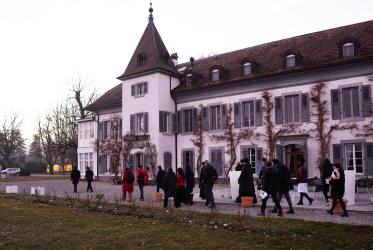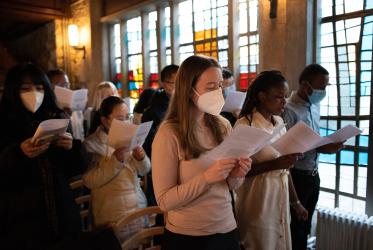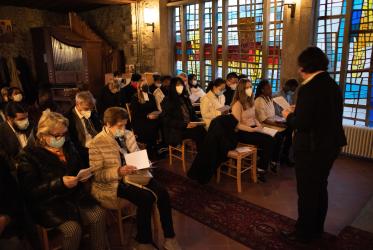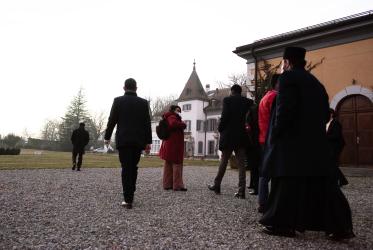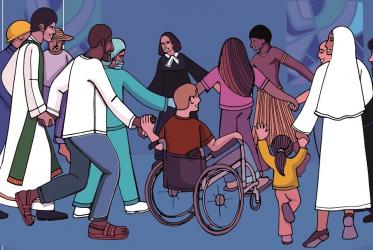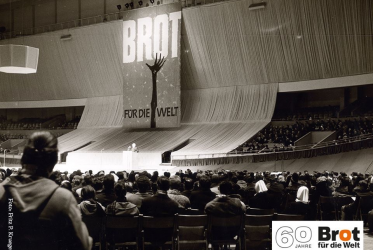Displaying 1 - 20 of 75
Bossey student Carolina Zamorano reflects on study visit to Rome
02 February 2022
Brazilian churches call for transformative racial justice
23 November 2020
New student body at Bossey Ecumenical Institute “a source of joy”
14 September 2020




